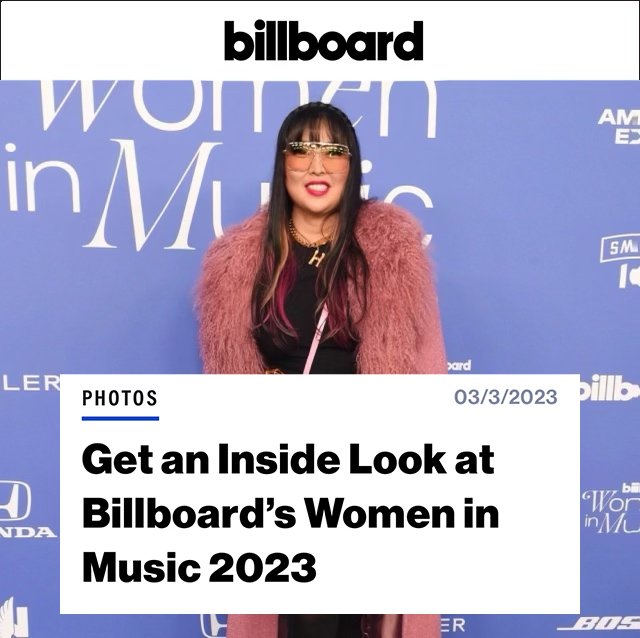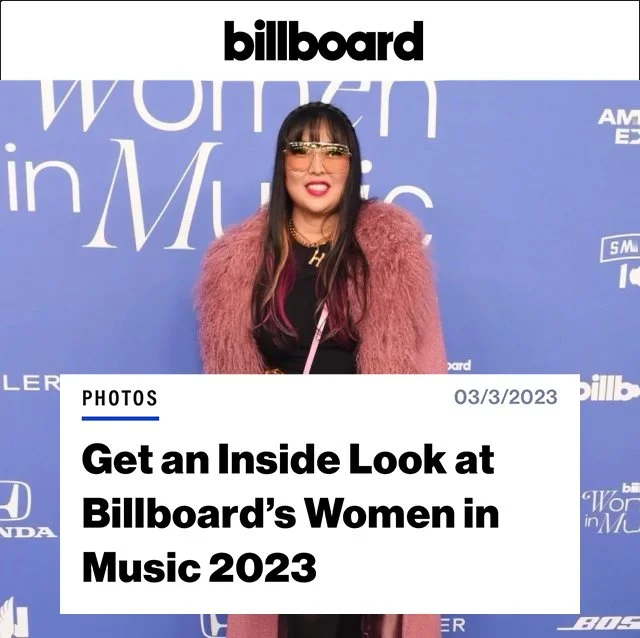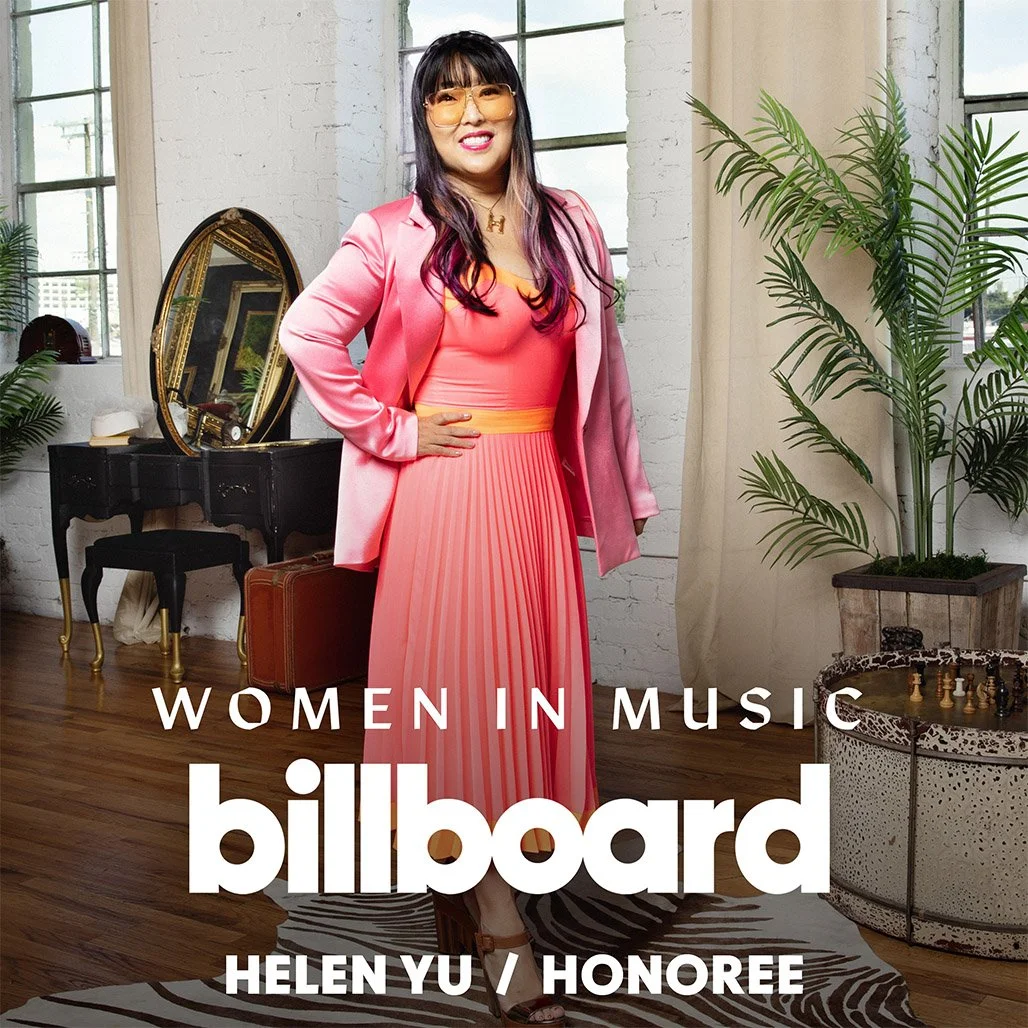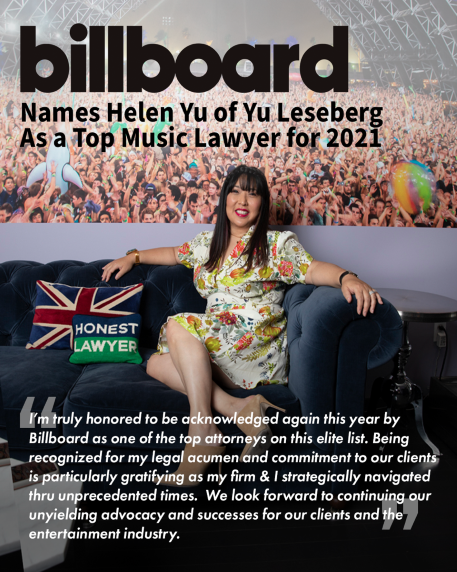Thank you so much for joining us in this interview series. Before we dig in, our readers would love to get to know you a bit more. What is the “backstory” that brought you to this career path in Law? Did you want to be an attorney “when you grew up”?
I always loved music and I started as a musician. I played keyboards and I was in a band in high school. We recorded an EP at Westlake Studios on Beverly Blvd in Los Angeles. We would play local high school parties and it was a ton of fun.
I got my first professional introduction to the music business when I was 15. My best friend’s father helped me land an internship at a record company not far from where I grew up at a label called Enigma Records. It was a great way to start. I didn’t even drive yet, I was 15. My mom would drop me off. That’s how I started at this very cool indie label. It was run by two brothers, Bill and Wes Hein. This was pre-Silicon Valley, but Enigma Records was set up in a large warehouse space with a ton of desks around the room for all their departments (now this was the 1980’s and no one worked in offices with that setup). They had all the departments there — radio, retail, distribution and finance. This was my first introduction to how a record company worked. I did whatever they needed me to do, answer phones, box stuff up, called retail record stores. Back then, labels did data gathering by calling retailers to find out what records were selling. The internet didn’t exist, so it was super old school.
In high school, I wanted to be a musician or in the creative field somehow. My family really discouraged it as my parents wanted me to be a lawyer, as that is something they understood, not being a musician.
When I started taking driving lessons — it’s funny, you never know where the inspiration is going to come from — I was learning how to finally drive so my mom wouldn’t have to continue to drive me around. This older hippie gentleman was my instructor, Ian, and he asked me ‘What do you want to be when you grow up?’ I told him I wanted to be in a band, but my parents wanted me to be a lawyer. And he said, ‘Well you know, there’s lawyers that do that.’ And I said ‘Yeah, you’re right, there’s lawyers that come in! They handle the record company’s legal business. I think that really was it, it was a way to contribute to the arts and still satisfy what my parents wanted.
Can you tell us a bit about the nature of your practice and what you focus on?
Entertainment law is really a conglomeration of contracts, corporate transactions, and intellectual property, usually trademarks or copyright based in entertainment and media agreements. Music, I feel is more complicated than television, film, or other digital media, as there are about 50 different types of royalty streams. Music deals are also very diverse as there are no real standards, and very little unionized work (unlike SAG-AFTRA in television and film). The focus of my job is to negotiate deals, skillfully navigating business strategies and advising on various types of transactions. Specifically, I advise on brand and endorsement deals, new technology agreements, worldwide recording and music publishing deals, licensing, merchandising and management agreements. I’ve been very fortunate to have had the distinction and honor of lawyering many Billboard Hot 100 Top 10’s and Billboard Hot R&B Top 10’s throughout my 30-year career, along with representing some of the most talented artists, producers and songwriters of our generation. I am grateful each day that I’ve had the opportunity to serve my clients, many of whom are my closest friends and mean family to me.
You are a successful attorney. Which three-character traits do you think were most instrumental to your success? Can you please share a story or example for each?
Determination, Detail Orientation and Trustworthiness. A successful music attorney must have all three to secure the best deals for clients and to build a reputation as someone artists will trust to help manage their careers. You must be very detail-oriented with a high level of reading comprehension. You also need to be a good creative writer. The difference between “and” and a “or” in a sentence is huge. You can’t say “this or that” or “this and that,” the difference is enormous. If you miss one zero it’s the difference between 10,000 and 1,000. You can’t make mistakes, so you have to check, and you have to re-check, and you have to be very detail oriented. Even where you put your punctuation, where does that comma go in that sentence can make the sentence have a different meaning.
What unique qualities do you have that others may not?
First and foremost, I’m a creative and a musician. So, I understand where my clients are coming from creatively, emotionally and of course in terms of business. I believe I am unique in the same way that old saying goes: “Where There’s A Will…. There’s A Way”. That’s me. If I want to manifest something and make it happen, I have been blessed by God with the ability to make it happen. Some people call it tenacity, others call it ingenuity.
I have built a successful law practice in the music industry despite traditional ethnic and gender power structures. Most lawyers in the business do not look like me. Early in my music and law career, I was often intimidated and lonely because many who I considered colleagues, were dismissive because I didn’t fit in and had “no tribe.” I knew I could not settle for being ‘good’ at what I did, to get a seat at the table. I had to be extraordinary. This meant I had to keep my head down and let the results speak for themselves. I don’t want the next generation of lawyers to feel like I did when I first started my legal career.
I am the first and only Asian-American woman led music law firm in the United States. A first-generation Los Angeles native, whose parents came from South Korea in the 1960’s to attend graduate school at the University of Southern California, I initially had to overcome the cultural expectations of my family, then move on to push the boundaries of limitations in both music and law.
What are some of the most interesting or exciting projects you are working on now?
You will have to see. Unless the deals are finished, it’s all attorney client privilege. I am handling a lot of catalog sales and valuations now. It’s been very exciting.
Where do you go from here? Where do you aim to be in the next chapter of your career?
The next chapter, I hope, will be one in which I can use my experience to help lead the next generation of artists who need guidance and a great lawyer. I have received so much from music. I’m hopeful that I may also start to give back in other ways to the music community through taking a leadership role at a music company making immense strides in this business, using my knowledge and experience to really implement lasting changes in the industry.
Without sharing anything confidential, can you please share your most successful “war story”? Can you share the funniest?
Not sure if I should be laughing or crying about this one. I’m a peacemaker for the most part, not a war victor, but one of the biggest wars I have won was recovering the Marc Bolan/T. Rex U.S. copyrights on the seminal album “Electric Warrior.” For those that do not know, Marc Bolan is essentially the Kurt Cobain of the U.K. He died young, tragically in a car crash in the middle of London in 1971, with his girlfriend Gloria driving the car. Marc Bolan will forever be one of the coolest rock stars in music history. I represented Marc Bolan’s son in finally getting his father’s copyrights, along with access to an offshore trust in the Cayman Islands of over $30 million dollars containing Bolan’s royalties, all of which benefited his son. Four decades of Bolan’s family chasing these monies and copyrights, with many lawyers trying. I was finally able to recover the whole enchilada in 2016. His son lived a very meager existence before I was able make the recovery for him. Despite the most incredible work I had done over a period of 3 years (which the family had been working on for four decades), Bolan’s son did not want to pay our firm from the recovery. Our firm had to finally file a lawsuit, take the son to trial… so it’s funny that someone who should have been so grateful to me for recovering over $30 million dollars in fact wanted every single penny for himself. At the time, I thought it was awful, but what a funny paradox. There is even BBC documentary about Marc Bolan’s royalty earnings and how no one could ever recover the money, which they said went into the Bermuda Triangle!
How has the legal world changed since COVID? How do you think it might change in the near future? Can you explain what you mean?
So many things have changed since COVID. In terms of legal, a lot of people are working remotely from home. With working from home, I think there is loss of connectivity, so we are back in our offices working. I don’t know how things will change in the near future. I know for our firm, we need to collaborate on the projects with different people in our office, so for us, despite COVID, we still want to keep that human connection with our co-workers and our clients by keeping our offices open.
Based on your experience, how can attorneys effectively leverage social media to build their practice?
Our clients rely on social media to share their music and build their brands so it’s important for music lawyers to have a presence there too. I am working to build my Instagram and TikTok content so I can engage with my current clients and connect with new ones.
What are the 5 Things You Need To Become A Top Lawyer In Your Specific Field of Law?
Commitment, tenacity, creativity, passion and honesty.
AUTHORITY MAGAZINE: Top Lawyers: Helen Yu Of Yu Leseberg On The 5 Things You Need Become A Top Lawyer In Your Specific Field Of Law.




































